ICoN Center Researchers
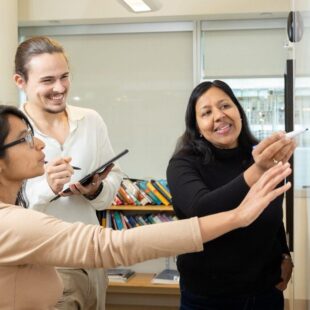
Center Director
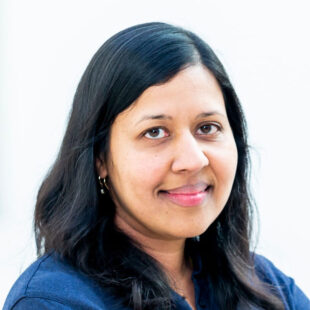
Ila Fiete collaborates with experimentalists to create computational models that inform how cognitive computations give rise to evolutionarily conserved neural biophysics and circuitry.
Center Faculty

James DiCarlo studies how biological mechanisms are converted into learning networks that underlie rapid image recognition.
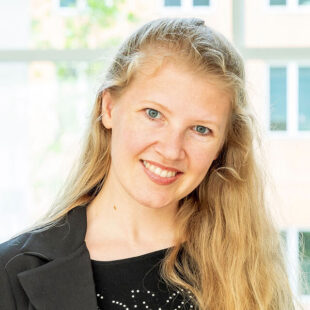
Ev Fedorenko uses artificial intelligence to better understand human language acquisition and cognition.

Michale Fee studies how memories in auditory circuits are transformed into stereotyped motor memories in songbirds.

Guoping Feng creates comparative models of autism-relevant behaviors in marmosets and humans.

Michael Frank
Michael Frank uses large datasets to create models that inform our understanding of language acquisition and human cognition.
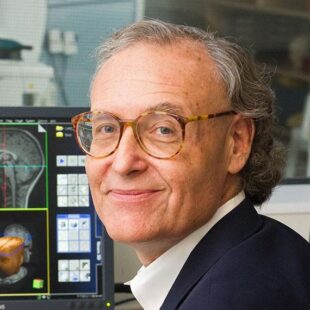
John Gabrieli creates predictive models from longitudinal behavioral data related to psychiatric symptoms.
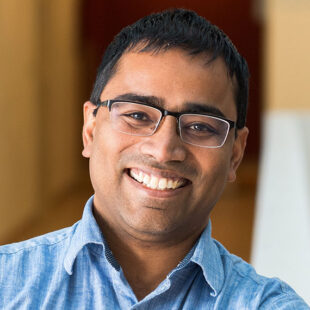
Satrajit Ghosh uses large experimental data sets to create analytic platforms that predict human health outcomes.
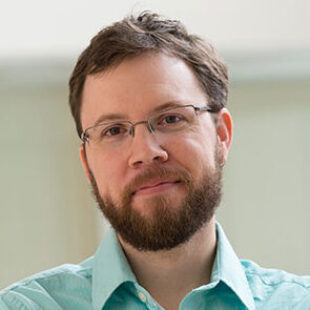
Mark Harnett studies how the biophysics of synaptic activity controls neural networks and computations that underlie complex behavior.
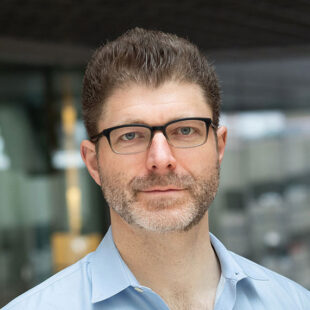
Josh McDermott studies how the features of different sounds are related to efficient memory encoding in humans.
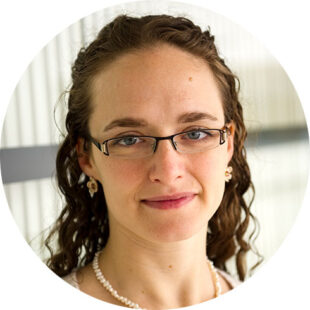
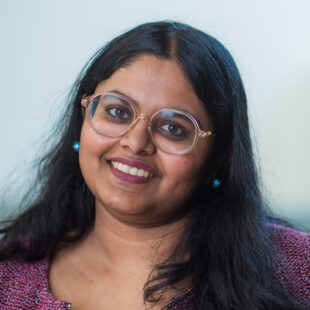
Nidhi Seethapathi collaborates with experimentalists to build predictive models of how humans learn, execute and select complex movements.
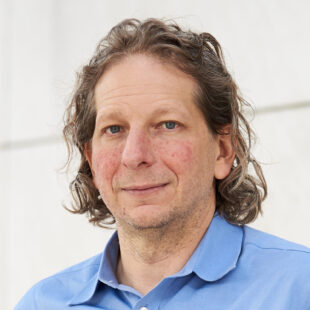
Josh Tenenbaum acquires and uses behavioral experimental data in children and adults to create computational models of human inference.

ICoN Fellows
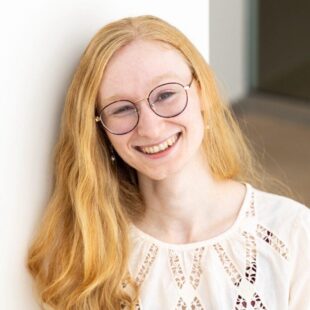
Postdoctoral Fellow, Saxe and Tenenbaum Labs
Marlene’s research extends the computational framework for Theory of Mind models (how people attribute hidden mental states to other people, like what someone else wants or knows) to include subjective experience, using pain attribution and communication about pain as a case-study with clinical importance.
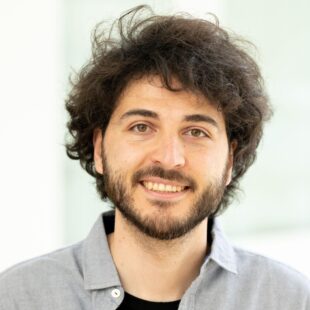
Postdoctoral Fellow, Ghosh, Gabrieli, and Seethapathi Labs
Fabio Catania focuses on understanding the behaviors and communication patterns of autistic people through the lens of human-robot interaction.
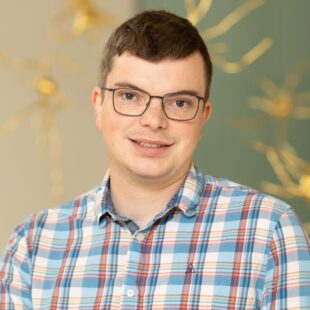
Postdoctoral Fellow, Feng and Seethapathi Labs
Antoine De Comite aims at developing comparative models of naturalistic motor control across species and populations.
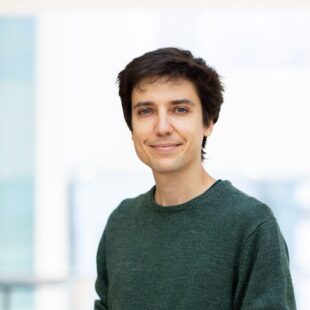
Postdoctoral Fellow, Fedorenko and Levy Labs
Andrea De Varda will use multilingual neural network language models to investigate the brain correlates of language comprehension across different languages.
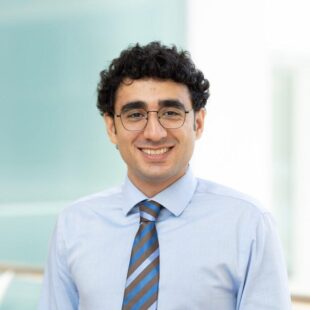
Mohammad Amin Fakharian
Postdoctoral Fellow, Jazayeri and Wang Labs
Mohammad is studying how the brain regulates and controls breathing and how breathing, in turn, influences decision-making and behavior.
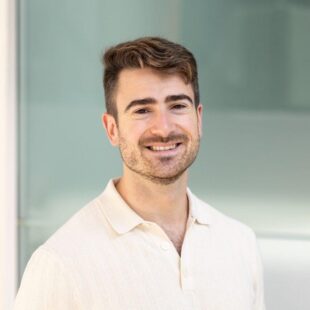
Michael Fernandez
Graduate Fellow, Herr lab
Michael is developing a pipeline that surgically creates neural interfaces during below-elbow amputation to preserve proprioceptive and cutaneous afferents, leveraging these circuits in intuitive motor intention decoders to enhance functional prosthesis control.
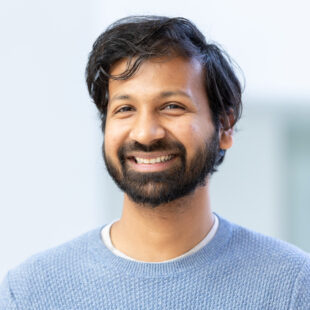
Postdoctoral Fellow, McDermott and Fiete Labs
Lakshmi Govindarajan’s research draws from modern statistical tools to provide computational accounts of the interface between perceptual and cognitive processes in biological systems.
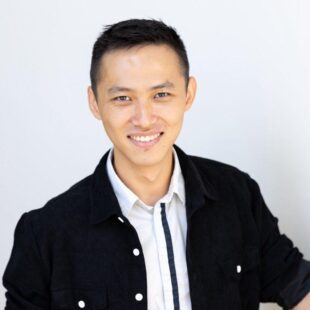
Postdoctoral Fellow, Fiete and Fee labs
Daoyuan’s research focuses on theoretical aspects of modularity and generalisation in the context of artificial neural networks, as well as computational models of birdsong-learning and memory.
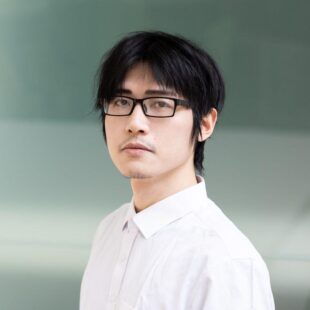
Postdoctoral Fellow, Poggio Lab and Harnett Lab
Qianli Liao aims at further bridging the gap between artificial and biological neural networks: he studies how to implement deep learning in the brain and how exactly biological neural systems can effectively train their neural networks at circuit and synaptic levels.
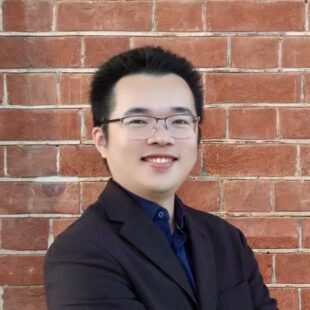
Postdoctoral Fellow, Wang Lab and Dorkenwald Lab
Ming Liu uses electron microscopy and computational approaches to map the neuronal circuits underlying inspiratory rhythm generation at synaptic resolution, and combines in vivo imaging with spatial transcriptomics to identify the molecular and cellular basis of vocalization and vocal-respiratory coordination in the brain.
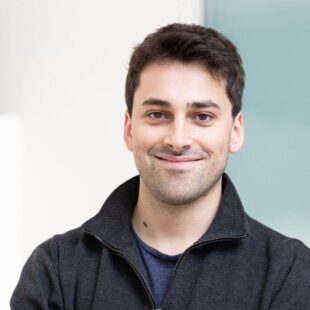
Postdoctoral Fellow, Jasanoff Lab and Brown Lab
Johan Medrano is developing biophysical models of brain-wide activity and plasticity mechanisms using neural-circuit-specific functional imaging tools.
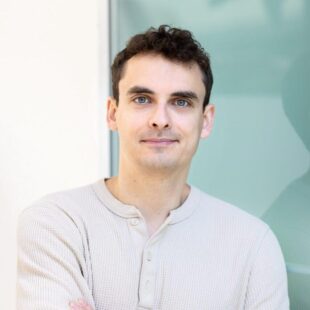
Postdoctoral Fellow, Miller and Poggio Labs
Dan Mitropolsky will continue developing a theoretical computer science approach to understanding the brain: defining and studying minimalistic models based off the simplest assumptions from neuroscience, and in particular thinking about what are the necessary assumptions to make language and learning possible.
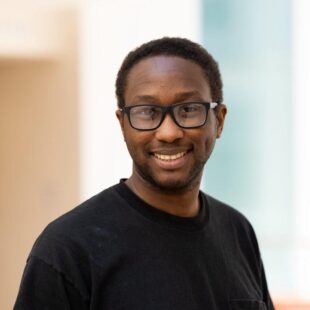
Quilee Simeon
Graduate Fellow, Boyden Lab
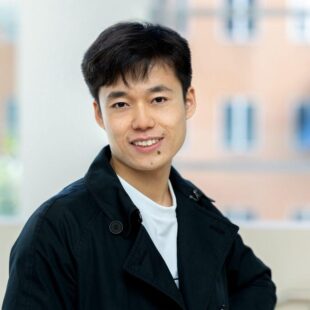
Postdoctoral Fellow, Fiete and Wang Labs
Hao Zheng’s research focuses on Computational Psychiatry: How a dynamical system balances the flexibility and stability, and then what causes transition to imbalance in mental disorders.
